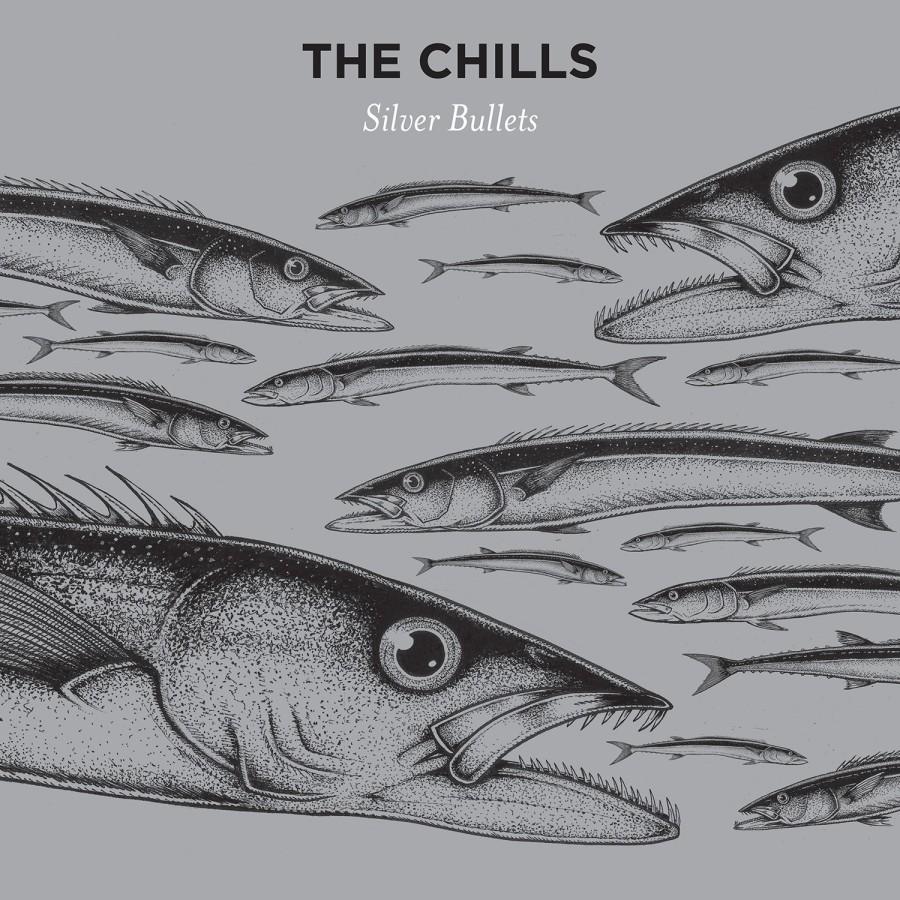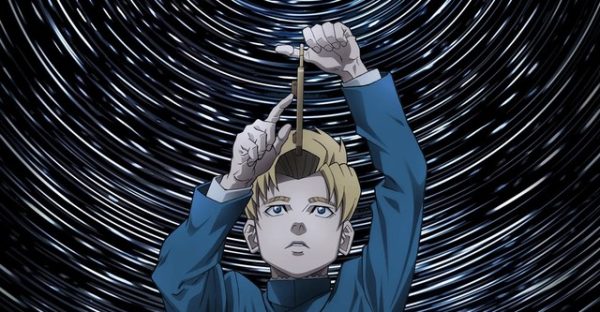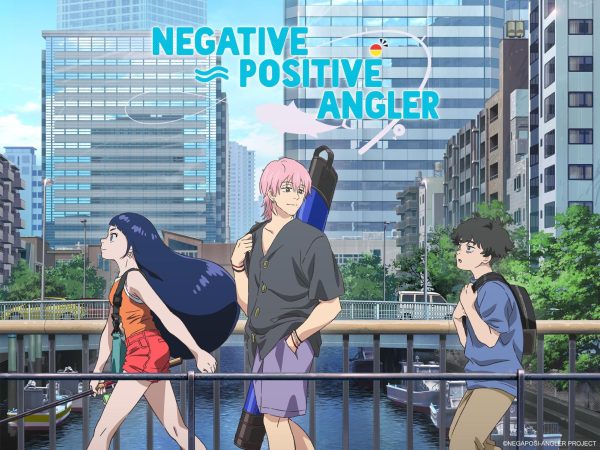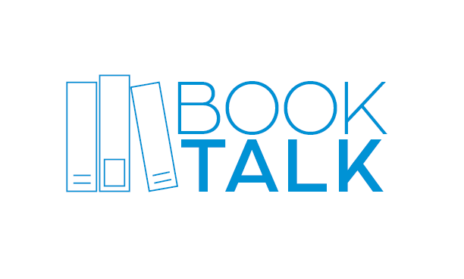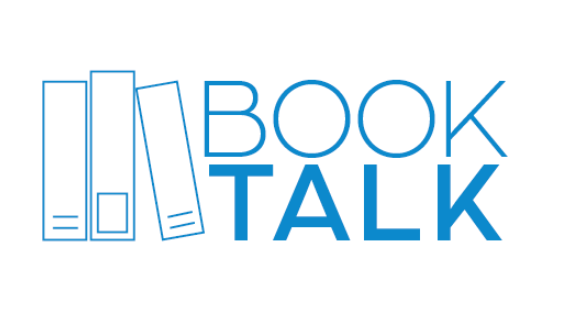The Chills’ ‘Silver Bullets’ reasserts presence on music scene
After a 20-year hiatus, New Zealandic indie-alternative group The Chills is back in the studio with their full-length album, Silver Bullets, released Friday, Oct. 30 via Fire Records, and they’ve dished out quite a bit to chew on.
A founding member of the Dunedin Sound movement, a subgenre of New Zealand alternative characterized by discordant new wave vibes, The Chills have remained silent due to frontman Martin Phillipps’ battle with depression, drug addiction and Hepatitis C. Nevertheless, The Chills are back, and they’re covering issues from destruction of marine ecosystems to gender roles, from poverty to constricted social mobility.
Despite strong lyricism being this LP’s high point, Silver Bullets kicks off with “Father Time,” a 30-second interlude of synthesized instrumentals with no clear purpose. The following track, “Warm Waveform,” eases listeners in further with a delicate ballad; the uncertainty of whether it’s about a person or the environment only adds to its enigmatic aura.
The album’s standout self-titled track transitions to a more upbeat tempo and sets a precedent for the rest of the album: pleasant melodies paired with dark lyrics that convey serious social commentary.
Phillipps voices his concern for the health of the planet most in tracks four and five, “Underwater Wasteland,” obviously criticizing over-fishing and other encroachments on marine life, and “America Says Hello,” providing a sardonic reflection on American disregard for the environment. This cynicism is apparent in the lines, “Rome wasn’t burned in a day/ but hey/ we shall see.” Solid lyrics are often what prevents a song with a social message from turning into a rant, which is why it’s no wonder the ladder was released as a single while the former fades into the background.
“Liquid Situation” serves as a 50-second intermission before the eight-minute-long roller coaster ride that is “Pyramid/When the Poor Can Reach the Moon.” Phillipps opens with gently caressing vocals, proclaiming that “there are too many people hurting and not enough people caring,” which seems like a flimsy, preachy tidbit of weak sentimentality, but this is just a warm up. In the middle of the track, the song switches to a swampy, almost venomous sound, bearing similarities to that of doom metal band Ghost BC. Phillipps asks, “Why should we climb when it’s a waste of our time? Why should we try when you would just watch us die?” The curtain is closed soon after this point, and the mask of a simple tune is donned once again. This is a side to The Chills we rarely see, and they should look to explore it more in the future.
“Aurora Corona” represents a kindling of hope underlying the album’s message, saying that “we can do better, beginning today.” The rest is downhill, including the album’s only personal track, “I Can’t Help You,” and “Tomboy,” questioning why society gives “such a strange name for just a strong girl,” bringing an interesting view on niche feminism to the table.
Despite resting in the same place sound-wise for a good portion of the album, The Chills produced a solid piece of music with enjoyable melodies and lyrics that pack a punch, marking their return to the industry. Though not as well-known as The Smiths, The Cure or The Clash, The Chills remind music consumers that the ‘80s alt sound is still around and still very much worth listening to.
Your donation will support the student journalists of Hagerty High School. We are an ad-free publication, and your contribution helps us publish six issues of the BluePrint and cover our annual website hosting costs. Thank you so much!

